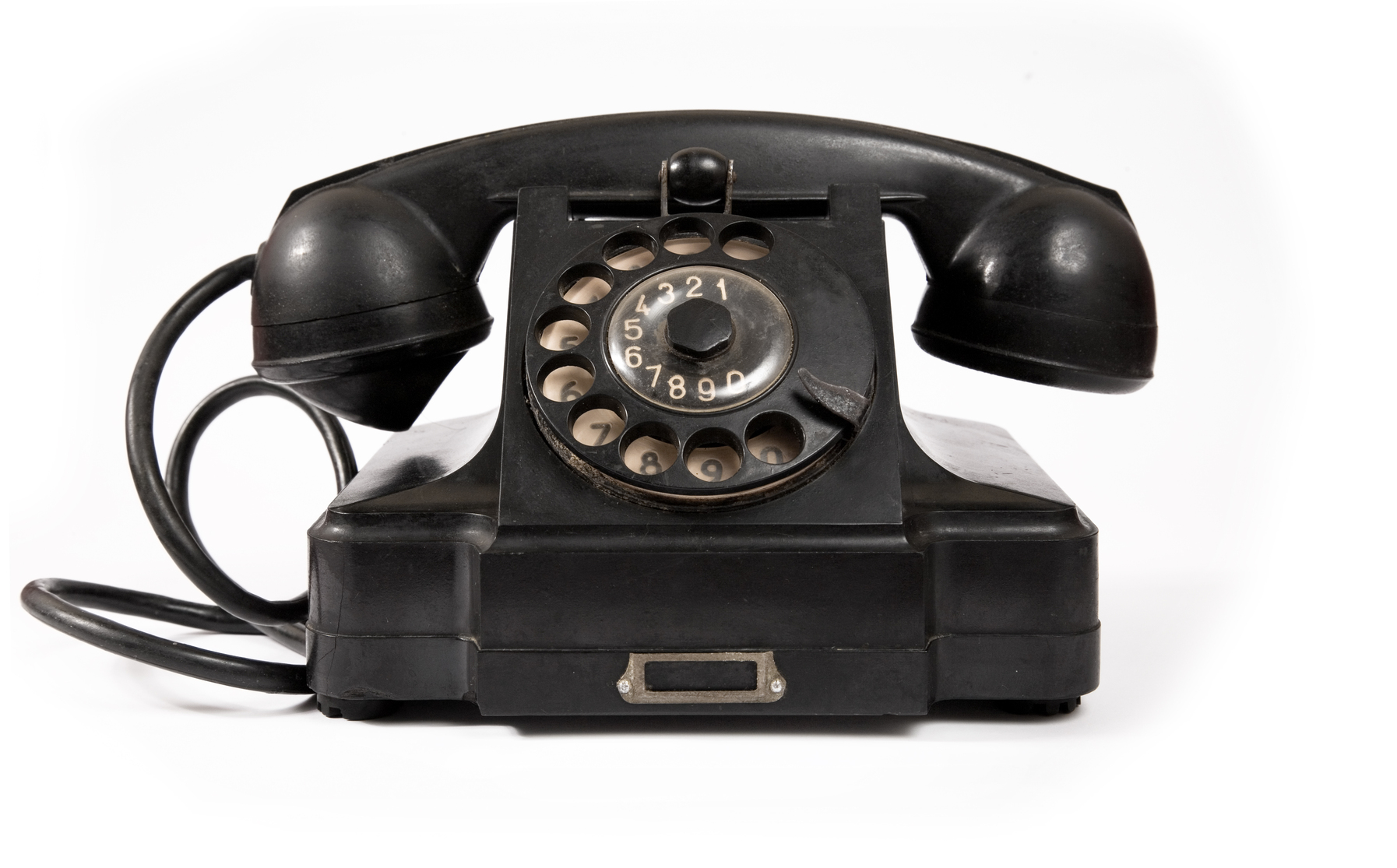I’m an immigrant. My mother, father and I came here from France more than a half-century ago. There was no American Dream involved, just a search for something better than what was to be found in Europe.
It wasn’t easy. We were fortunate in that my father was fluent in English. My mother and I were not. America was not a particularly friendly place back then, especially if you didn’t speak the language. My mother had an arduous time adapting to American habits and mores. It was somewhat easier for me. I picked up English fairly quickly, but small things were mysterious. Why was I told, “You eat like a pig,” because I did so with two hands on the table? In France, eating with one hand on your lap is considered inexorably rude. Why did the teacher send a note to my mother complaining about the foreign food in my lunch box? Why did tiny blonde Betsy Miller say “ew” when she was assigned the desk next to me?
My parents lived here twenty-two years. They did not become rich, or famous, or celebrated in any way. When my father retired, they scurried back to Paris to live in an apartment that was one-sixth the size of their American suburban home. My mother, from her first day here, had complained of dépaysement, a word that can roughly be translated as homesickness. I felt the same way and, if I am to be rigorously honest, I still do.
When my parents returned to France, I stayed here. In time, I got a job with a United Nations agency, and had the privilege of traveling to well- and lesser-known countries. I went to Bangladesh and Nepal, Mali, Senegal and Côte d’Ivoire, Thailand and Macao. I spent time back in France visiting my parents, in the United Kingdom attending conferences, and in Switzerland, Belgium and Holland working with my counterparts in other U.N. agencies.
One scenario replayed everywhere, all the time. I would hail a taxi in Dacca or Paris or Kathmandu. The driver would ask where I came from, and I would answer that I lived in the United States. The driver would then turn around, heedless of traffic, and ask a variation of, “How can I get to America?” The same thing happened in restaurants with queries from the waiters, in hotels with bellhops and concierges, in tourist shops and French boulangeries and Amsterdam coffee shops.
These would-be immigrants’ knowledge of the country was sometimes abysmal. One told me he had a cousin in Cancun, which he thought was somewhere southwest of New York. Another asked if Americans all spoke French, since, after all, everyone in his developing nation did. A third, a driver in Bangkok, had saved up almost enough money to cross the ocean but he was concerned about the epidemic of obesity in the US. Were there Thai restaurants in America, where palatable food might be available? Another driver, in Egypt, I think, told me the local newspaper had done a major story on an American program that sponsored giveaways of Ford motorcars to any immigrant who could reach Miami. I told him I doubted such a program existed. He told me I was wrong; of course it existed. This was America; everything was possible! All of the driver’s friends were talking about it. I hadn’t heard because I wasn’t an immigrant.
When I was traveling, America was where everyone wanted to be. It was the land of dreams, of opportunities, of second and third chances. People made good here. They learned the language and obeyed the laws and raised children and grandchildren. They opened businesses; they worked in factories; they drove buses and fixed cars. They served in restaurants and planted ornamentals in nurseries.
Today an unelected president is trying to close our borders to the very people who built the nation and, increasingly, run it. It’s madness, of course, the act of a deeply disturbed man whose knowledge of history, economics and globalism is nonexistent. It is international bullying by a well-known bully. He might do well to remember that bullies generally get their comeuppance, often from other, stronger bullies.
In the meantime we hold our breath. We will commit the small acts of daily resistance to see the country through this crisis.
The man is a dangerous dolt; I give him two years, max, before he’s impeached.
 I had lunch with a friend recently, a man I’ve known more than two decades and with whom, years ago, I shared my innermost secrets. Then we fell out of touch. I’m not sure what happened. I think I said something that disturbed him, something that, in retrospect, I had no right to say, and for too many years, we ceased speaking. I saw him from time to time, at the funeral or a mutual friend, then at a restaurant, and once in a high-end grocery store. We were unfailingly polite, but our ability to converse with each other had suffered badly.
I had lunch with a friend recently, a man I’ve known more than two decades and with whom, years ago, I shared my innermost secrets. Then we fell out of touch. I’m not sure what happened. I think I said something that disturbed him, something that, in retrospect, I had no right to say, and for too many years, we ceased speaking. I saw him from time to time, at the funeral or a mutual friend, then at a restaurant, and once in a high-end grocery store. We were unfailingly polite, but our ability to converse with each other had suffered badly.

